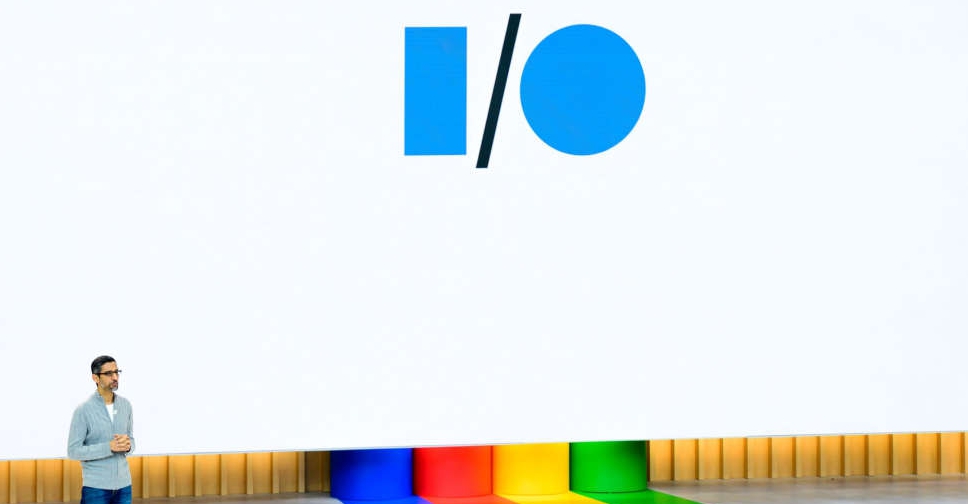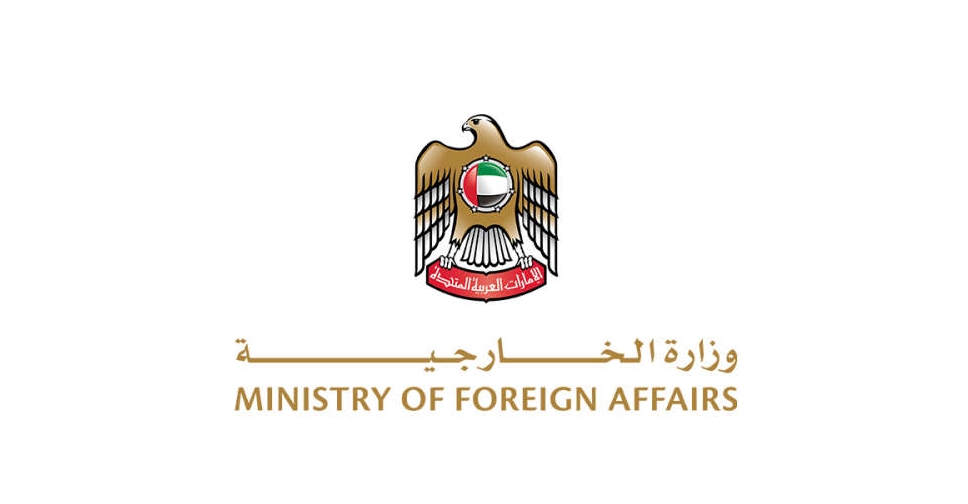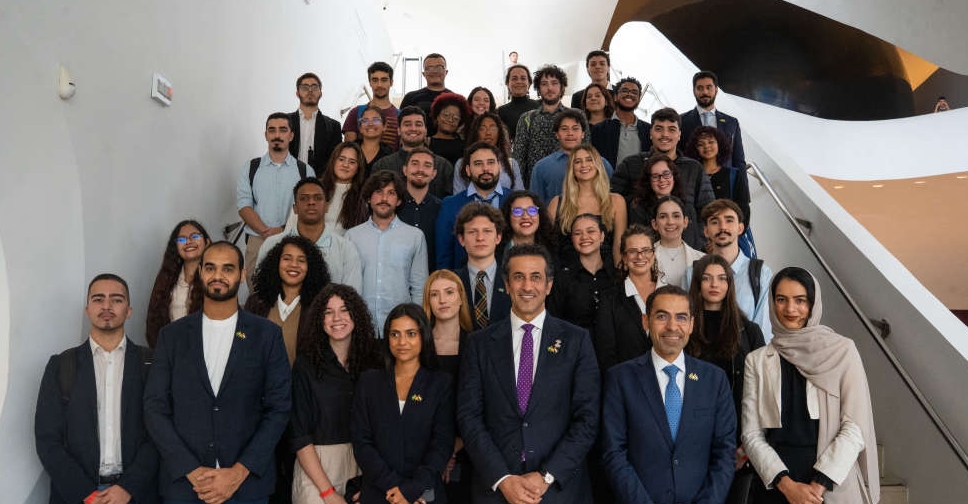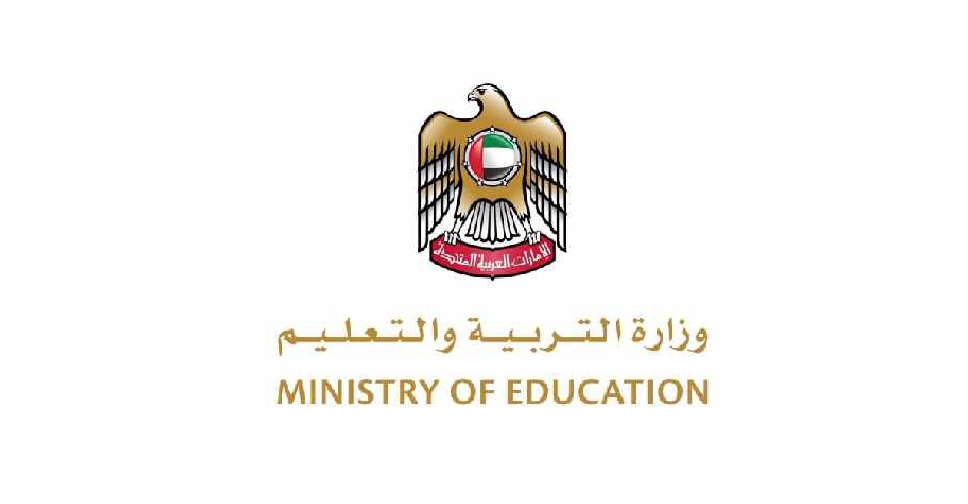
Alphabet Inc's Google is rolling out more artificial intelligence for its core search product, hoping to create some of the same consumer excitement generated by Microsoft Corp's update to rival search engine Bing in recent months.
At its annual I/O conference in Mountain View, California, on Wednesday, Google offered a new version of its namesake engine. Called the Search Generative Experience, the revamped Google can craft responses to open-ended queries while retaining its recognisable list of links to the Web.
"We are reimagining all of our core products, including search," Sundar Pichai, Alphabet's CEO, said after he took the stage at the event.
He said Google is integrating generative AI into search as well as products such as Gmail, which can create draft messages, and Google Photos, which can make changes to images like centering figures and colouring in empty space.
Alphabet's shares rose 4 per cent on Wednesday. They are up 26 per cent so far this year, compared with the 8 per cent rise in the S&P 500 index in the same time frame.
US consumers will gain access to the Search Generative Experience in the coming weeks via a wait list, a trial phase during which Google will monitor the quality, speed and cost of search results, Vice President Cathy Edwards said in an interview.
Google’s foray into what is known as generative AI comes after the startup OpenAI introduced ChatGPT, the darling chatbot of Silicon Valley that launched a furious funding race among would-be competitors. Generative AI can, using past data, create brand new content like fully formed text, images and software code.
OpenAI, backed by billions of dollars from Microsoft and now integrated into Bing search, has become for many the default version of generative AI, helping users spin up term papers, contracts, travel itineraries, even entire novels.
For years the top portal to the internet, Google has found its own perch in question since rivals began exploiting the technology. At stake is Google’s slice of the gigantic online advertising pie that the research firm MAGNA estimated at $286 billion this year.
"AI can provide insight," Edwards said. "But what fundamentally people want at the end of the day is to be connected to information from real people and organisations, knowing, for example, that this health information comes from the WHO."
Addressing how AI can spout incorrect information, Edwards said the company prioritised accuracy and citing trusted sources.
Google will also mark up images it generates with AI and make it easier for people to vet a picture's authenticity.
"Google's vision makes a strong case that search is evolving, not dissolving, and that Google is here to stay," said Canaccord Genuity analyst Kingsley Crane.
WHAT OUTFIT TO WEAR
With the embedded AI, Google still looks and acts like its familiar empty search bar.
But while a search for "weather San Francisco" will as usual point a user to an eight-day forecast, a query asking what outfit to wear in the California city prompts a lengthy response generated by AI, according to a demonstration for Reuters earlier this week.
A challenge of drawing on such AI, known as large language models, is the high expense. Edwards said, "We and others are working on a variety of different ways to bring down the cost over time."
Ads will remain key, Edwards said. "We only get paid when there's a click."
BARD FOR 180 COUNTRIES
Michael Ashley Schulman, chief investment officer at Running Point Capital Advisors, said, "The company is showing a willingness and ability to reinvent and disrupt itself, which I feel will be favorably received by investors."
In recent years Google's rivals have taken its research breakthroughs and run with them in products, outpacing their inventor.
ChatGPT came to light after an AI system Google revealed in 2017. The speed at which the chatbot grew - faster than any consumer application in history - encouraged the often deliberative Google to prod staff to hurry along projects.
In February, Google announced its competing chatbot called Bard. A promotional video that month that showed Bard answering a question incorrectly propelled a stock slide shaving $100 billion off Google's market value.
Now, Bard will be multimodal like OpenAI's GPT-4, the company said on Wednesday, and it will make the chatbot accessible to people in more than 180 countries and territories.
That means customers will be able to prompt Bard with images, not just text - for instance asking the chatbot to write a caption to a picture they hand it, it said.
Behind Bard also is a more powerful AI model Google announced called PaLM 2, which it said could solve tougher problems. One of its PaLM 2 models is lightweight enough to work on smartphones, Pichai also said.
In more news for I/O, Google Cloud CEO Thomas Kurian told Reuters the division is lining up customers to put its newest technology to the test, among them Deutsche Bank AG and Uber Technologies Inc.
As well, Google released a new foldable Pixel smartphone that lets consumers use the company's AI. To start the phone will be priced at $1,799 and come with a free Pixel Watch. Google also unveiled a $499 phone it called the Pixel 7A, available for order starting Wednesday.


 OPEC+ speeds up oil output hikes, adds 548,000 bpd in August
OPEC+ speeds up oil output hikes, adds 548,000 bpd in August
 UAE emerges as global base for digital nomads
UAE emerges as global base for digital nomads
 French air traffic controllers' walkout disrupts early summer travel
French air traffic controllers' walkout disrupts early summer travel
 Non-oil sector fuels 3.4% GDP growth in Abu Dhabi
Non-oil sector fuels 3.4% GDP growth in Abu Dhabi
 Dubai launches initiative to assist first-time home buyers
Dubai launches initiative to assist first-time home buyers




